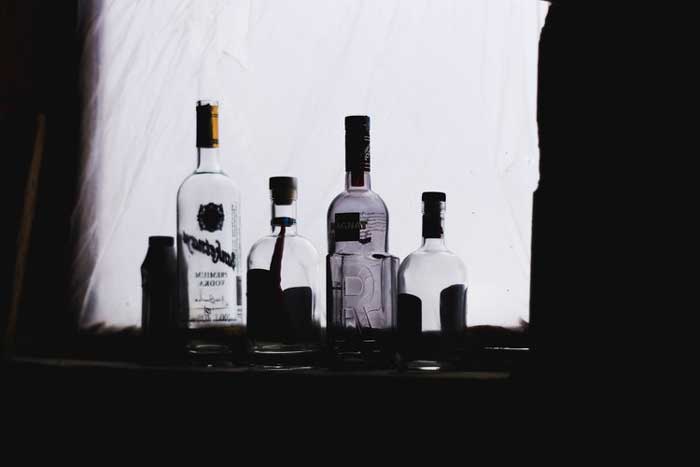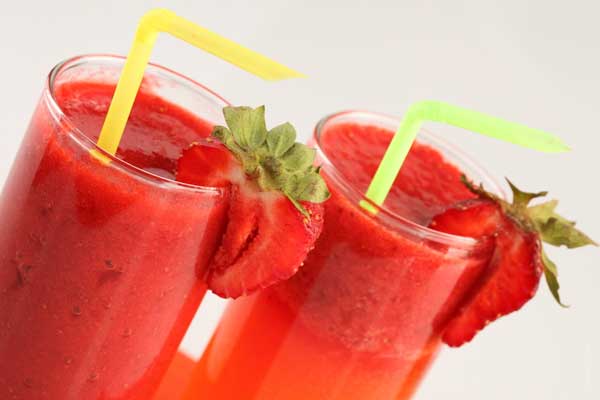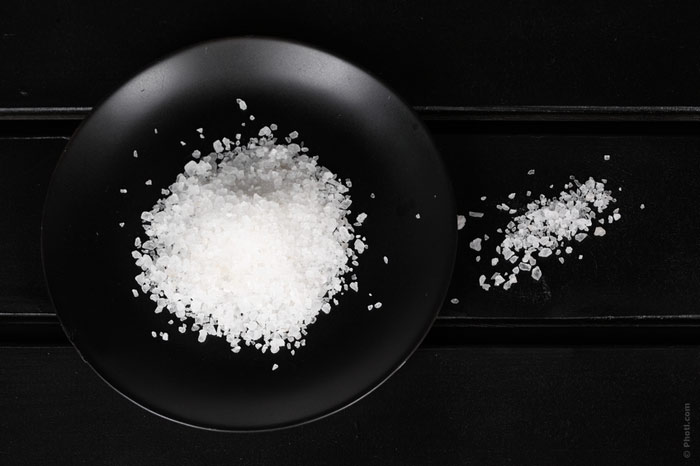The liver is the most important organ that performs many functions, one of which is detoxification, that is, participation in the processes of neutralizing toxic substances. Despite its patience and endurance, the liver can fail. In order to maintain liver health, it is necessary to eat properly and balanced, limiting the use of foods harmful to the liver. Read on to find out which foods damage your liver – and do your best to avoid them!
Alcohol
Of course, the most harmful product for the liver is alcohol. Ethyl alcohol contained in alcoholic beverages has a cytotoxic effect on liver cells. As a result of frequent alcohol intake, inflammation of the liver cells occurs, and the replacement of liver cells with connective cells (the formation of liver fibrosis, which, in turn, can lead to cirrhosis).
Sugar
The second place in terms of the harmfulness of products for the liver is taken by sugar. There is no such thing as “healthy sugar”. Any sugar, including brown, aka cane sugar, is harmful to the whole body and to the liver in particular.
It must be remembered that sugar is found in almost all foods. We can find a high sugar content in convenience foods, instant breakfasts, pastries, carbonated drinks, mixed drinks, packaged juices, confectionery, canned fruits.
With an excess of sugar in the diet, it is deposited in the liver in the form of fat, which is one of the factors in the development of fatty liver disease.
Fructose
Fructose is a monosaccharide found in sweet fruits and some vegetables. The record holders for the content of fructose are corn syrup, agave syrup, honey, dates, and grapes. A large amount of fructose eaten goes directly to the liver, thereby increasing the load on the organ, despite the low glycemic index. Fructose loads the liver and can cause it to become fat.
Of course, you need to eat fruits, especially in the summer season, but in moderation.
Fruit juices
You also need to be careful with fruit juices. We don’t mean packaged juices with a bunch of added sugar, but freshly squeezed ones.
As a rule, most of the fiber is in the pomace. It is this part that we throw away when we squeeze the juice from the fruit. Thus, we drink a lot of sugar essentially, harming the body, including the liver.
The fact is that by eating whole fruits, we make sure that blood sugar does not rise so quickly due to fiber – it slows down this process. This is not the case with juices.
Even if you drink a smoothie where seemingly all parts of the fruit are still present, you won’t achieve a slow blood sugar rise like you would if you ate a whole fruit because the fiber is so finely chopped. This means that it will not be difficult for your intestines to digest it quickly. Your goal is to eat something that makes the intestines work longer so that sugar enters the blood evenly.
Fast food (burgers, French fries, pizza, hot dogs, etc.)
These foods are also high in sugar as well as fat, which can cause liver cells to become inflamed and die.
Foods high in animal fat
We are talking about lard, butter, fatty meats (duck, pork), sausages, and bacon. They should not be completely abandoned, but it is worth limiting them. A large amount of fat in the diet can lead to the development of fatty liver disease.
Salt and salty foods
These foods are high in sodium. The daily dose of salt should not exceed 5 g. Excess sodium disrupts the kidneys and changes in water balance, and because of this, blood filtration and the proper functioning of the liver can be disturbed.
We must remember that we get most of the salt from ready-made products. For example, hidden salt is found in sausages, frankfurters, chips, and so on.
Canned food
Canned foods contain a large amount of harmful substances, oils, as well as a large amount of salt.
St. John’s wort
The danger of this herb is that it can interact with medications, which can lead to dangerous side effects.
Air pollution
Not only foods could damage your liver. A research team led by Kezhong Zhang of Wayne State University found that air pollution has a direct negative impact on liver health and causes liver fibrosis, a pathology associated with metabolic disorders and liver cancer.
PM 2.5 is the smallest particle, ranging in size from 0.001 to 2.5 micrometers (µm), found in the air. Such particles penetrate biological barriers and pose the greatest danger to the body. Dr. Zhang says that PM2.5 pollution greatly impacts the health of the general population. It is especially strong in large cities.
According to the doctor, the people who are often exposed to high levels of PM2.5 need to pay increased attention to laboratory indicators that indicate liver damage. Physicians should actively monitor these individuals and consider therapeutic and preventive strategies. After all, liver fibrosis can eventually lead to cancer.
P.S.:
You need to know that toxic substances can be found in food, the water we drink, and the air we breathe. In addition, drugs cause significant damage to the liver, most often oral contraceptives, statins, uncontrolled use of various dietary supplements and herbal preparations.










